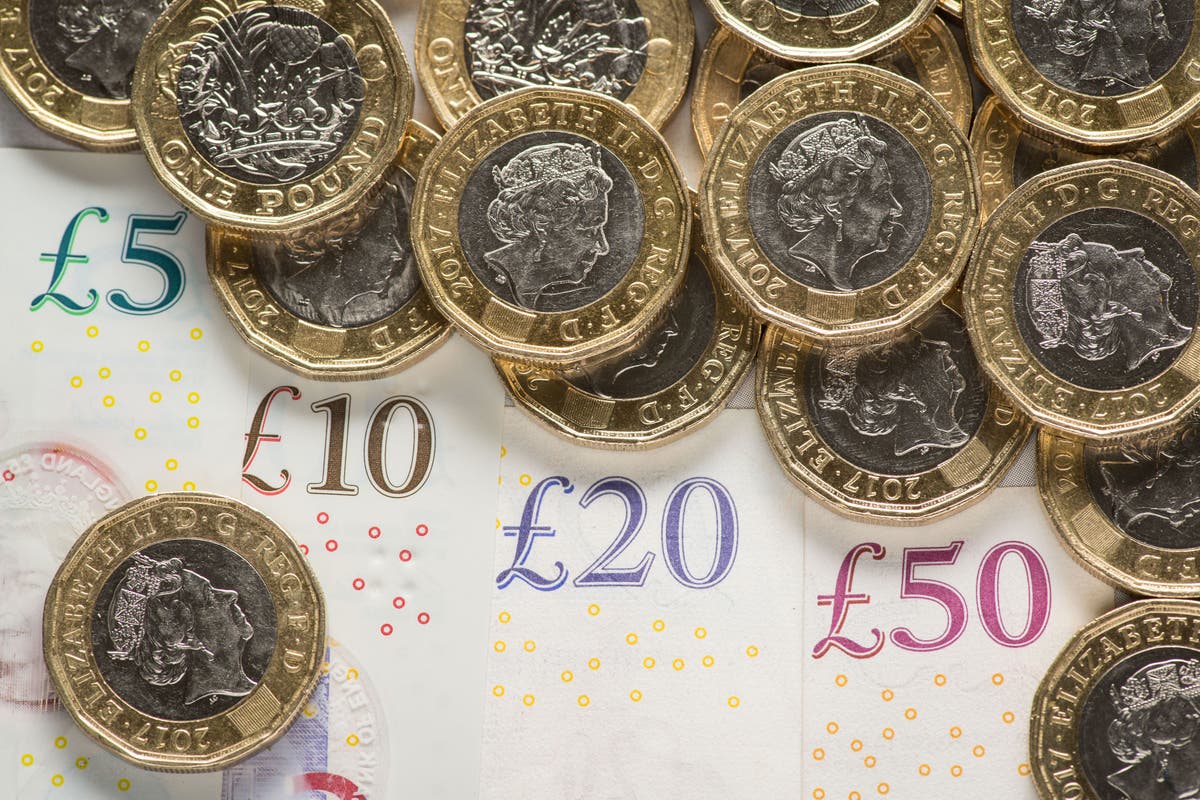I'm still hoping the BoE will wake up and smell the coffee.
Ask yourselves this: What is inflation and what causes it? It's a historical measure of what things cost today divided by what they cost 1 year earlier. It's not a forecast of what happens next. It's backwards looking, telling us what happened previously. That's an important point to remember. 10% inflation today tells you things are now 10% more expensive than they were a year ago. But it tells you nothing about what they will cost in a few months time, let alone in a years time. Anyway, what causes it?
It's either (A) businesses putting up prices because they can - because there's more than enough demand for their products and services at the current price point; or (B) because they must, due to their cost base having gone up and they can no longer afford to sell at the current price level.
Currently, ALL our inflation is caused by B. There is no excess demand for anything (setting aside the supply chain issues caused by a global electronics shortage, but that's a separate issue). There is zero need to dampen demand in order to control inflation. It's not being caused by excess demand.
In fact the mini budget was not even inflationary. All it sought to do was to replace the money in people's pockets at a time when they were worse off due to the vastly increased energy costs. People are struggling to afford essentials and I don't hear many whoops of joy about how much more they can now spend on things after the budget. Some of the rich may be better off and I've already said the 45p to 40p cut was a mistake. But that won't make any difference to inflation. Rich people are not going to buy more butter. And there aren't many rich people either.
So there is no need for the BoE to raise interest rates in order to control inflation per se. There could be some justification to do so to support the pound, because obviously a weaker pound means more expensive raw material imports and is therefore an inflationary pressure. But that only impacts imported raw materials or goods not all goods and services many of which are not imported at all. And it is only even relevant if the pound is way lower than it was before the mini budget, and if course it isn't. It's only slightly lower and may not be lower at all by the time the BoE committee next meets in November.
In short, the BoE needs to think long and hard about its next actions. As I have said repeatedly, inflation WILL naturally return to sensible levels once the higher energy costs have stabilized. Flatlined but high energy cost = zero inflation on energy costs. And since the BoE's remit is to keep inflation in the 2% range in the medium term - not "at all times" - then there is very likely no need for them to touch interest rates further at all.

